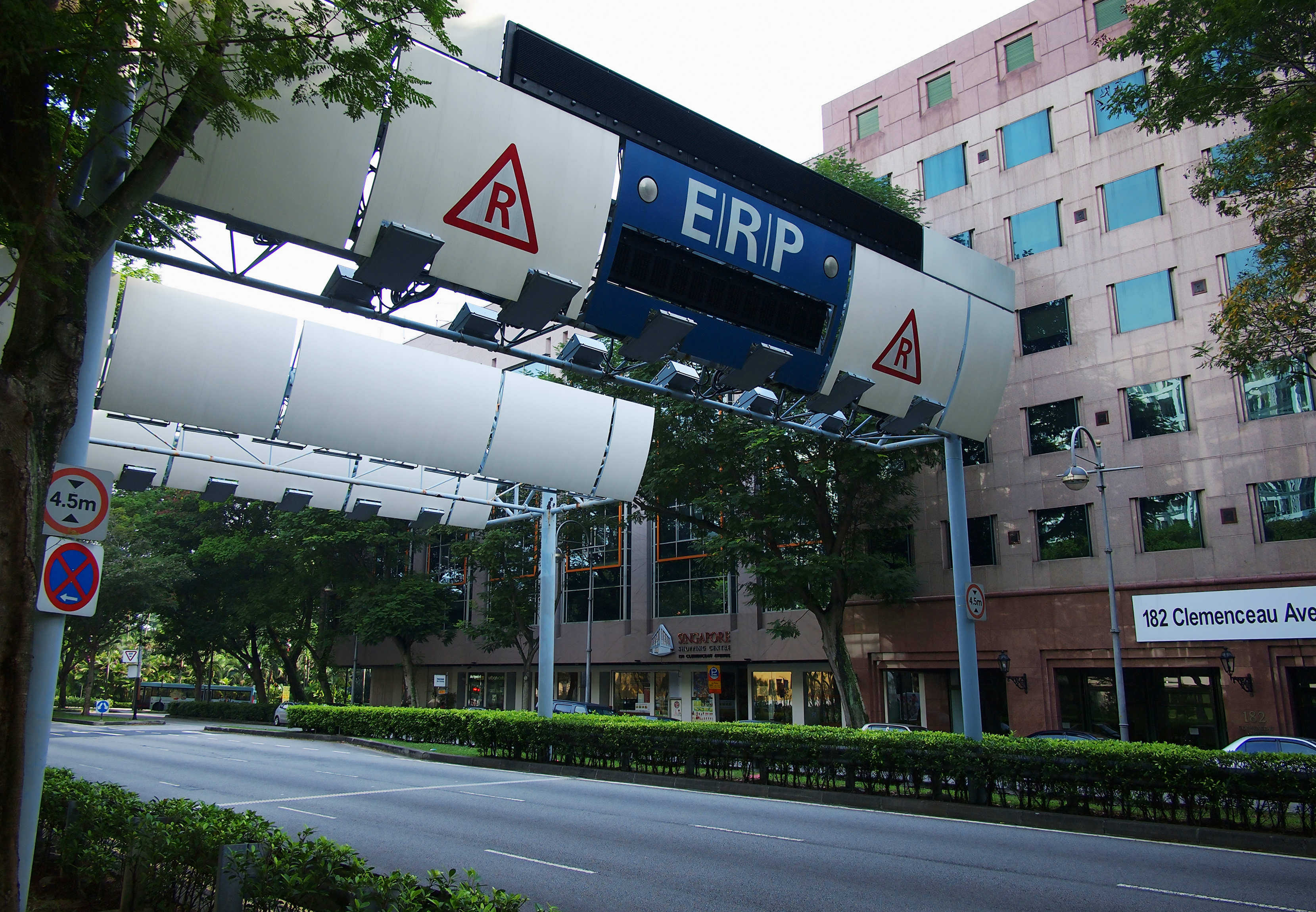The Jakarta administration is set to kick off a second trial run of the electronic road pricing scheme aimed at helping ease traffic congestion, with the aim of having the system up and running by January 2016.
Norway-based Q-Free has set up a gantry with cameras and sensors for the trial run in South Jakarta. The system works by detecting cars passing beneath it, and then remotely deducting a toll from a stored-value card in an on-board unit (OBU) inside the vehicle. OBUs have been installed in 100 car
The Jakarta administration is set to kick off a second trial run of the electronic road pricing scheme aimed at helping ease traffic congestion, with the aim of having the system up and running by January 2016.
Norway-based108 Q-Free has set up a gantry with cameras and sensors for the trial run in South Jakarta. The system works by detecting cars passing beneath it, and then remotely deducting a toll from a stored-value card in an on-board unit (OBU) inside the vehicle. OBUs have been installed in 100 cars for the trial.
A previous trial, also held in South Jakarta, was carried out in July by Vienna company81 Kapsch and deemed a success by Deputy Governor Basuki Tjahaja Purnama. However, according to Muhammad Akbar, the Jakarta transportation office chief, a recurring problem during that trial was the inability of the cameras on the gantry to correctly identify the licence plates of all vehicles, which Akbar said was due to the non-standard typeface used on Indonesian licence plates.
“There’s so much variation in the typeface, and most of them aren’t the standard ones issued by the police,” he said. “A lot of them are made by vendors by the side of the road. That’s why we need an ERP system that can read even a modified plate.”
The city administration plans to put the project out to tender at the end of this year, with both Kapsch and Q-Free expected to tender for the contract.
Akbar said that if the contract was finalised by February 2015, work could begin on building gantries in the streets covered by the scheme, with the ERP program being implemented in January 2016.
An agency is to be set up to manage the program, including handling the tolls collected and coordinating the traffic enforcement related to ERP violations.
Norway-based
A previous trial, also held in South Jakarta, was carried out in July by Vienna company
“There’s so much variation in the typeface, and most of them aren’t the standard ones issued by the police,” he said. “A lot of them are made by vendors by the side of the road. That’s why we need an ERP system that can read even a modified plate.”
The city administration plans to put the project out to tender at the end of this year, with both Kapsch and Q-Free expected to tender for the contract.
Akbar said that if the contract was finalised by February 2015, work could begin on building gantries in the streets covered by the scheme, with the ERP program being implemented in January 2016.
An agency is to be set up to manage the program, including handling the tolls collected and coordinating the traffic enforcement related to ERP violations.









